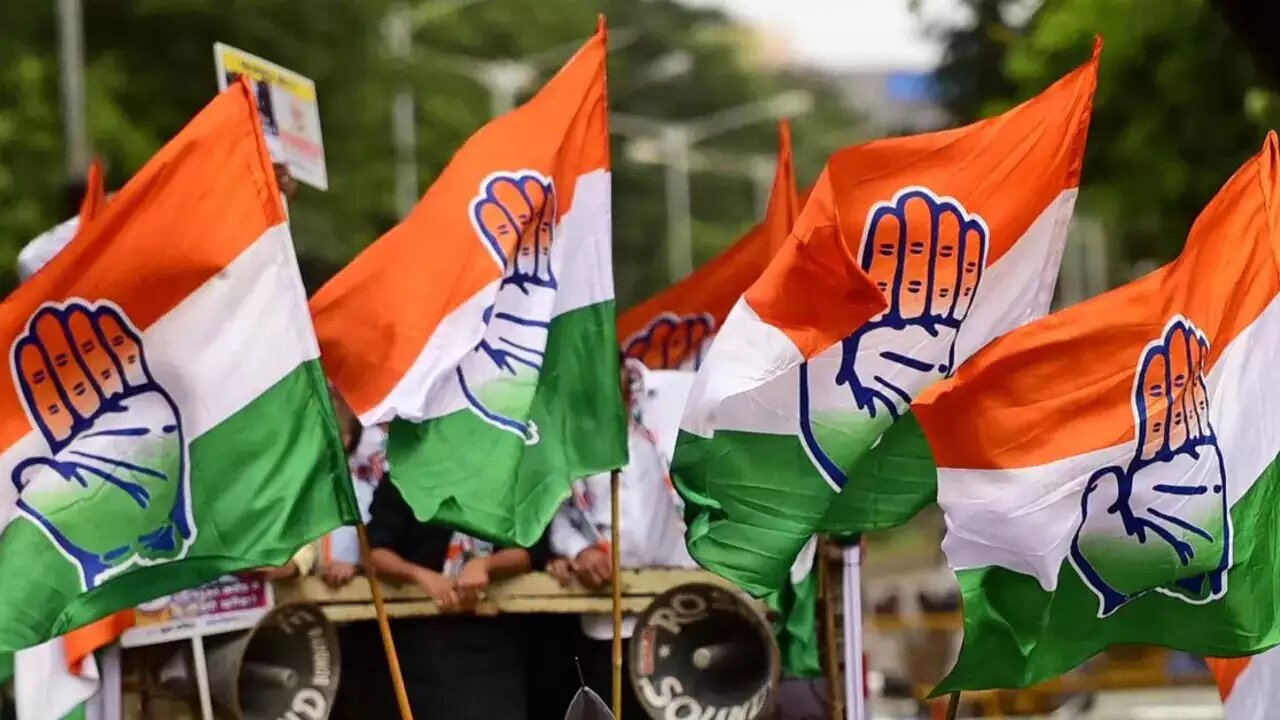The Congress party has unveiled its third list of candidates for the Jammu and Kashmir Assembly elections, featuring 19 new names. This latest announcement adds to the party’s previous candidate selections as it prepares for the crucial polls. Notable candidates on this list include Ch Lal Singh from Basohli, Irfan Hafeez Lone from Wagoora-Kreeri, and Summit Mangotra from Udhampur West, among others.
Previous Candidate Announcements
Earlier, the Congress released its second list of six candidates last week. This included Tariq Hameed Karra for Central Shalteng, Mumtaz Khan for Reasi, and Bhupender Jamwal for Shri Mata Vaishno Devi, among others. This list followed the Congress’ Central Election Committee meeting in New Delhi, which finalized the candidates for the upcoming elections.
The first list, revealed on August 27, included nine candidates such as Ghulam Ahmad Mir from Dooru and Vikar Rasool Wani from Banihal. The initial slate also featured Peerzada Mohd Syed for Anantnag and Sheikh Riaz for Doda.
MUST READ: Haryana Assembly Elections: AAP Releases Initial Candidate List; Check Who’s Contesting?
Alliance and Electoral Strategy
The Congress has formed an alliance with the National Conference (NC) for the assembly polls. According to their seat-sharing formula, the NC will contest 51 out of 90 seats, while the Congress will compete for 32 seats. Both parties have agreed to contest five seats against each other and allocated one seat each to the CPI (M) and the Panthers Party. Additionally, the Samajwadi Party (SP) has pledged support to the Congress-NC alliance.
Election Overview
Jammu and Kashmir’s assembly consists of 90 constituencies, with 7 reserved for Scheduled Castes (SCs) and 9 for Scheduled Tribes (STs). There are 88.06 lakh eligible voters in the region. The upcoming elections will be conducted in three phases on September 18, 25, and October 1, with vote counting scheduled for October 8.
Historical Context
These elections mark the first since the abrogation of Article 370, which previously granted special status to Jammu and Kashmir. The results will be closely watched as a significant indicator of the region’s political landscape following recent changes.
Implications for the Future
With the Congress and National Conference alliance strategically positioning themselves for the elections, and support from the Samajwadi Party, the political dynamics in Jammu and Kashmir are set to undergo a transformation. The outcome of these elections will likely have a profound impact on the region’s future governance and political landscape.
ALSO READ: Uttar Pradesh Cabinet Removes Age Limit For SC-ST Commission Appointments




